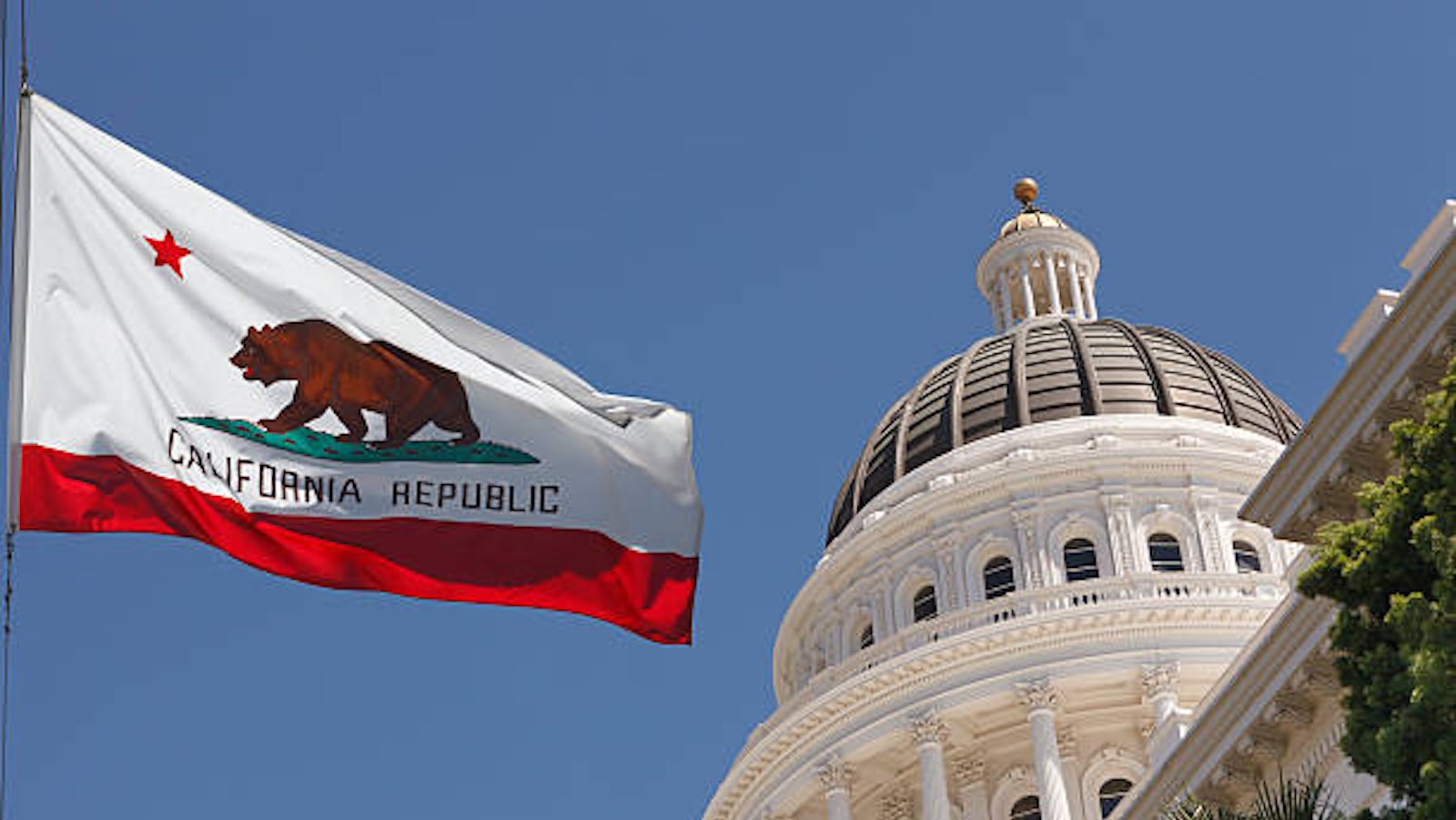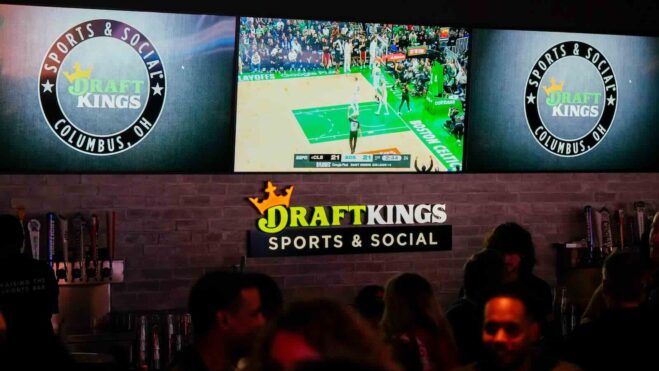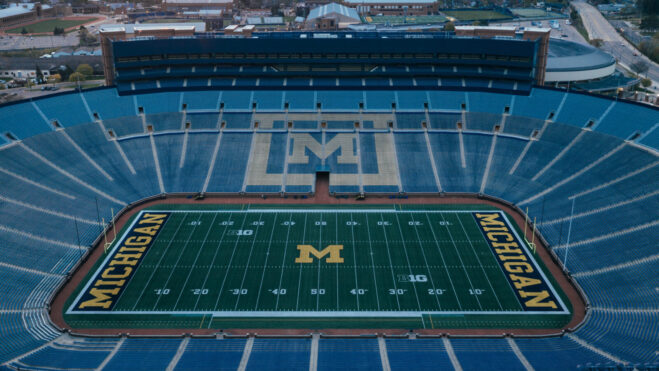VGW Faces RICO Lawsuit In New York Amid Expanding Legal Challenges
Apple and Google named as co-defendants as legal pressure amplifies against ‘sweepstakes’ casino segment in US
2 min

VGW Holdings Ltd., a prominent operator in what has become known as the “sweepstakes casino” vertical, has been named in another Racketeer Influenced and Corrupt Organizations Act (RICO) lawsuit, this time filed in New York on Tuesday.
This case marks the second RICO lawsuit against the company, following similar litigation in New Jersey. Plaintiffs Lamar Prater and Rebecca Pratt, representing a proposed class, allege that VGW operates illegal online gambling platforms under the guise of “social casinos.”
The lawsuit seeks to recover losses incurred by players and enjoin VGW and its co-defendants from continuing their operations. The plaintiffs also aim to expose the alleged deceptive practices that have allowed VGW to flourish in the online gambling market.
Filed in the U.S. District Court for the Southern District of New York, the suit accuses VGW of engaging in fraudulent activities by misrepresenting its platforms as free-to-play entertainment. It also targets VGW’s subsidiaries, including Chumba Casino, LuckyLand Slots, and Global Poker.
The plaintiffs argue that these platforms exploit a sweepstakes model to operate illegal gambling activities. Players can purchase virtual gold coins to engage in games of chance and are awarded Sweeps Coins, which can be redeemed for real-world cash and other prizes.
According to the complaint, the platforms lack regulatory oversight, unlike traditional casinos, leaving players vulnerable to potential fraud and misuse. The lawsuit claims VGW’s operations violate New York’s gambling laws and seeks restitution for monetary losses incurred by players.
The plaintiffs claim to have collectively lost over $1,000 to VGW’s platforms, which they argue represents just a fraction of the financial losses suffered by players nationwide. The complaint alleges that VGW’s profits exceeded $700 million in recent years, driven largely by its sweepstakes casino operations.
VGW unable to escape legal scrutiny
This New York case is part of a growing wave of litigation against VGW across the U.S. In addition to the RICO lawsuit in New Jersey, other states have seen legal action targeting the company.
The lawsuits highlight concerns over the legality of sweepstakes casinos. VGW continues to assert its model isn’t illegal, maintaining that its platforms comply with local and federal regulations. However, critics argue that its practices effectively mimic regulated real money online casino gambling without adhering to the requisite licensing and oversight.
The plaintiffs in the New York case allege that VGW has misled regulators by branding its platforms as social casinos. The plaintiffs purport that the inclusion of redeemable prizes tied to gameplay challenges this classification.
In addition to VGW, like in New Jersey, the lawsuit names tech giants Apple and Google as co-defendants. The complaint alleges that these companies facilitated VGW’s activities by distributing its apps via their platforms and profiting from in-app purchases.
The plaintiffs argue that Apple and Google are complicit in VGW’s alleged gambling operations, sharing in the proceeds while ignoring the illegality of the activities.
Apple and Google reportedly take up to 30% of revenue from transactions within apps hosted on their respective stores. By enabling the distribution of VGW’s apps and processing in-app payments, the lawsuit claims, these companies are integral to the enterprise.





